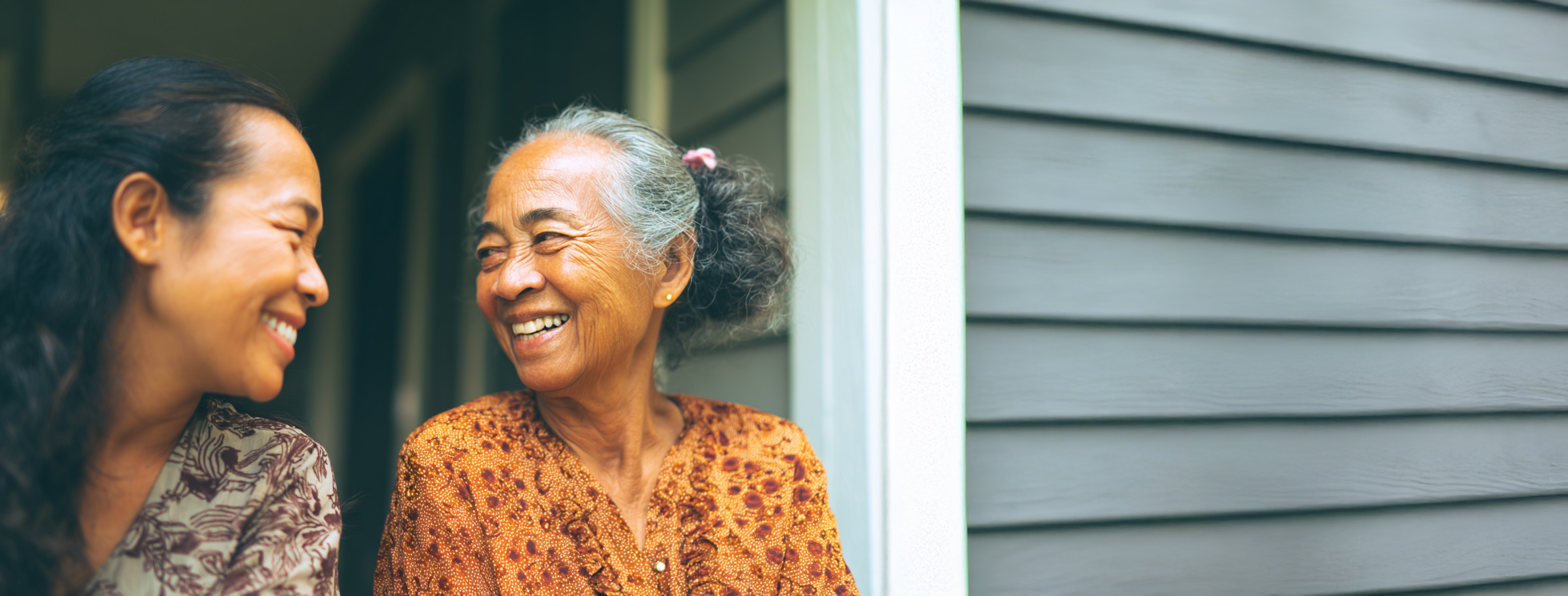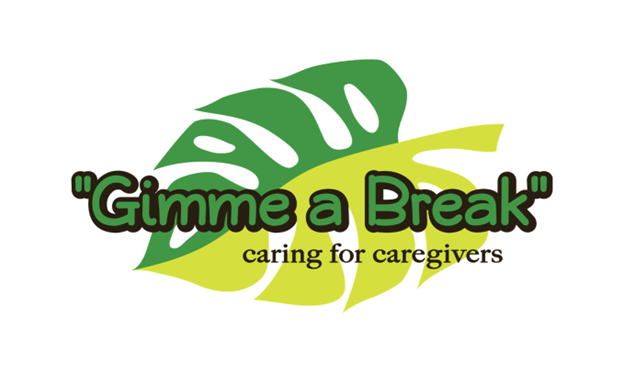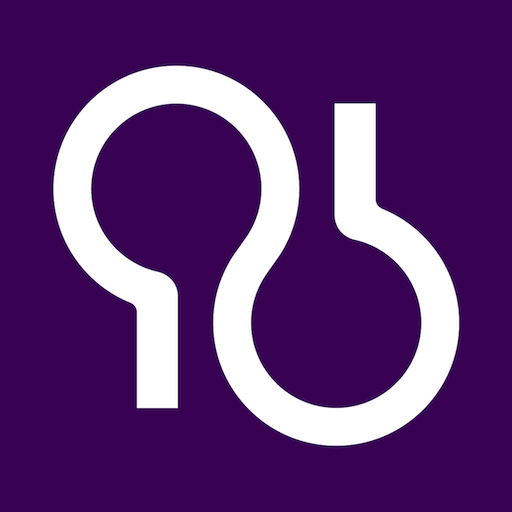
Caregiving
In Hawaiʻi, 1 in 5 adults are caregivers and nearly 1 in 3 caregivers care for someone living with dementia. You are not alone. Everyone has either been a caregiver, is currently a caregiver, will be a caregiver, or will need a caregiver.
As caregivers, we often neglect to care for ourselves since we’re so focused on caring for our person. However, your well-being is vital to your ability to care for your person. Self-care is not selfish. Join us on this journey to wellness. Take care of yourself too!
If you need help now:
Call the Alzheimer’s Association 24/7 Helpline at 1-800-272-3900 for free support and connect with a live person who can provide information, local resources, crisis assistance and emotional support.
Call or text Hawai’i CARES at 988 for 24/7 FREE support services for help with crisis, mental health, and substance use.
Call Catholic Charities Hawaiʻi Senior Helpline at (808) 527-4777 for resources. They offer evidence-based caregiver training & support programs such as the R.E.A.C.H. program (Resources for Alzheimer’s Caregiver Health) or Oʻahu-based S.H.A.R.E. Program for persons with early-stage dementia and their care partners.
If you are experiencing an emergency, please call 911.
Does the person you are caring for have dementia?
There are some potentially reversible and treatable causes for dementia-like symptoms. It’s important to talk to a healthcare professional for a cognitive screening and evaluation.
Normal Aging
- Making a bad decision once in a while
- Missing a monthly payment
- Forgetting which day it is but remembering later
- Sometimes forgetting which word to use
- Misplacing things from time to time and retracing steps to find them
Not Normal
- Making poor judgments and decisions a lot of the time
- Problems taking care of monthly bills
- Losing track of the date or time of the year
- Trouble having a conversation
- Misplacing things and losing the ability to retrace steps
Resources
We know that searching for resources can be overwhelming. Here are two ways to get to the info you need.
- Select the stage of dementia your person is in. This will take you to resources curated for caregiving in that stage.
- Click the question below that best matches what you’re looking for.
Mild Cognitive Impairment (Before)
- Difficulty coming up with words or following a conversation
- Missing appointments or social events
- Trouble finding their way around places they know well.
- Finding it hard to make decisions, finish a task or follow instructions
Early Stage Dementia
- Trouble with the more executive cognitive functions like planning and judgment
- Difficulties in problem solving, and possibly trouble planning ahead to prevent problems
- Begin to show signs of having trouble with abstract thought, and/or difficulty grasping “the big picture”
- Have difficulties with complicated tasks they were previously able to perform well and with satisfaction
Mid Stage Dementia
- Forgetting events or personal history
- Experiencing confusion regarding where they are and what time it is
- Increased tendency to wander or become lost
- Changes in mood and behavior. Depression, apathy, aggression, heightened irritability, and restlessness are particularly common
Late Stage Dementia
- Require around-the-clock assistance with daily personal care.
- Lose awareness of recent experiences as well as of their surroundings.
- Experience changes in physical abilities, including walking, sitting and, eventually, swallowing.
- Become vulnerable to infections, especially pneumonia.
Don’t know what stage?
No worries. Here’s some common questions to help you find quick answers:
- I need a doctor. (neurologist/geriatrician)
- My person has just been diagnosed. What now?
- How do I plan for the future?
- What kind of advance care planning and legal documents do we need?
- I need caregiving tips for daily tasks (e.g. bathing, meals, behaviors, etc.)
- We need direct care services. Where do we go for help?
- We can’t afford care. What do I do?
- I think we need to find a place for them to live with professional care. Where do I start?
Caregiver Support Resource Library
State Kupuna Care Program
The State Kupuna Care Program provides community-based services to older adults so that they can remain at home for as long as possible. These services also support working caregivers to continue their employment, by providing support for their care recipient. Services may include attendant care, home maker, transportation, case management, home delivered meals, chore services, adult day care, respite care, personal care services, and participant-directed care option. The Aging and Disability Resource Centers (ADRC) provide options counseling and can do the assessments to see if a older adult qualifies for the State Kupuna Care Program. If they qualify, the ADRC will make a referral to a provider organization for the services.
- Type: Education & Training, Guidance & Counseling, Info & Resources, Respite, Support Groups & Community
- Stages: Before, Early, Middle
- Areas: Statewide, Hawai'i Island, Kaua'i County, Maui County, Oahu
-
Contact:
Aging & Disability Resource Center
Phone: (808) 643-ADRC (808-643-2372)
TTY (808) 643-0889
Tech Savvy Teens
Tech Savvy Teens, Hawaii’s leading initiative focused on equipping middle and high school students with essential technology skills while providing crucial support to our kūpuna (seniors). Older adults can book a session for Technology Tutoring and Coaching.
- Type: Technology Support
- Stages: Before, Early
- Areas: Oahu
-
Contact:
Tech Savvy Teens
1110 University Avenue, Honolulu, Hawaii 96826, United States
Email: admin@hookama.org
The Caregiver Foundation
The Caregiver Foundation is a local non-profit organization that works to support caregivers and individuals needing care through a variety of services. They have a range of programs such as Workshops, Caregiver Support Groups, Coordination Services, Daily Money Management, Family Caregiving Planning, Guardianship, Home Organizing Services, Professional Services Support, and Senior Home Cleaning Services. Visit their website to learn more.
- Type: Education & Training, Guidance & Counseling, Info & Resources, Support Groups & Community
- Stages: Early, Middle, Late
- Areas: Oahu
-
Contact:
Gary Powell
Phone: (808) 625-3782
The Mediation Center of the Pacific – Kupuna Pono Program
Kupuna Pono is a program designed to help families talk about difficult issues and develop plans to support elderly family members. Family conflicts related to caring for an elderly family member impact everyone in the family. They provide a process for families to address their issues and simultaneously incorporate the recommendations of medical personnel into a customized plan. Kupuna Pono can provide family conferencing and mediation for elder care issues.
- Type: Guidance & Counseling
- Stages: Early, Middle, Late
- Areas: Oahu
-
Contact:
Phone: (808) 521-6767
Tutus House
Tutu’s House is best known for their welcoming, non-judgmental atmosphere—a safe place to experience and explore a variety of approaches to health and wellness. They have a wide range of classes and activities to join. Visit their website to view their calendar and learn more.
- Type: Education & Training, Support Groups & Community
- Stages: Before, Early
- Areas: Hawai'i Island
-
Contact:
info@tutushouse.org
808-885-6777
Frequently Asked Questions
-
Medicare vs. Medicaid
Medicare is federal health insurance for people 65 years older, and some people under 65 with certain disabilities or conditions. Medicare does not pay for home care or long-term care services. Medicaid is a joint federal and state program that provides health coverage or nursing home coverage for people with limited income and resources. The Medicaid program in Hawaiʻi is called Med-QUEST.
Learn more:
- Med-QUEST: What is Medicaid?
- Hawaii SHIP – Free, Local, One-on-One Medicare Counseling
- U.S. Department of Health and Human Services
-
Home Care vs. Home Health Care
Home care is personal care services provided in the home or community. It may include assistance with activities of daily living (e.g. bathing, toileting, meal preparations, etc.), chore services or light housekeeping, escort to appointments or grocery shopping, companionship and supervision. Home health care includes a range of intermittent skilled services provided in the home for an illness or injury. It may include physical therapy, occupational therapy, speech-language pathology services, and intermittent skilled nursing care like wound care, monitoring serious illness, or patient education.
Home care is often paid for privately, with long-term care insurance, or Med-QUEST. Home health care may be covered by Medicare, private health insurance plans, or Med-QUEST.
Learn more:
-
Adult Day Care vs. Adult Day Health
Both are services that provide supervision and assistance for adults during the daytime. Adult Day Care help seniors remain engaged while promoting physical and mental health through socialization, activities, meals, minimal assistance and gentle exercise. Adult Day Health includes the same services as Adult Day Care but may also provide medication administration, more assistance with personal care, skilled nursing care, physical therapy, health monitoring (e.g. blood glucose levels), and support for ongoing health conditions. Both Adult day care and adult day health are often paid for privately, with long-term care insurance, Med-QUEST, or the State Kupuna Care Program.
Learn more:
- Adult Day Centers Hawaii
- Hawaiʻi Department of Health
-
Care Home vs. Adult Foster
Both care homes and foster homes are non-institutional settings where adults can go to live and receive care in a residential home-like setting. In Hawaiʻi, we often use the term “Care Home” for Adult Residential Care Homes (ARCH) and the term “Foster Home” for Community Care Foster Family Homes (CCFFH).
An ARCH is a type of residential care home for adults who require at least minimal assistance with activities of daily living (ADL), such as bathing, walking, dressing, eating, and toileting. There are different levels of care for ARCHs. An Expanded ARCH cares for adults who require 24/7 assistance with ADLs and/or may require skilled nursing services. An ARCH usually has one to five residents, but level II ARCH and level II Expanded ARCH can have six or more residents. ARCH costs are usually around $6,000-12,000+ per month for private pay and some residents may use long-term care insurance.
A CCFFH is a type of residential care home where residents live with the home-owner family and receive assistance with ADLs. They provide a higher level of care called intermediate care facility (ICF) level that is often provided in large institutional facility settings except CCFFHs provide this care in a home like setting. CCFFHs usually have three residents. CCFFHs are often more affordable than ARCH. CCFFH usually costs start around $4,000-$6,000+ per month for private pay and they are required to accept at least one resident on Med-QUEST or Medicaid. CCFFH residents are required to have a case management agency to monitor their care and this may cost private pay residents $500+ per month.
Learn more:
- CareSift Info about Adult Residential Care Home & Community Care Foster Family Homes
- Kupuna Care Pair has a map and searchable listing of care homes, foster homes, and facilities in Hawaiʻi.
- Hawaiʻi Department of Health, State Licensing Section – Click the lists of ARCH and CCFFH
-
What is a Geriatrician?
A Geriatrician is a doctor who is specially training in treating older patients, especially those with multiple health problems or complex conditions. Geriatricians promote quality of life, preventative care, and healthy aging. Geriatricians may be more familiar with managing illnesses and addressing issues that are more common among older adults, such as dementia, arthritis, fall risk, advance care planning, end of life care, etc. Geriatricians have a specialized approach to medication management for older adults, considering multiple comorbidities, longer half-life, potential interactions and side effects. Primary Care Physician make refer older patients to see a Geriatrician and patients may continue to receive medical services from both disciplines.
Here’s few links to specialty Geriatric clinics:
- Kokua Kalihi Valley
- Queen’s Geriatric Services Website
- Hawaii Pacific Health Geriatric Medicine
- Kaiser Geriatric Medicine
- JABSOM Department of Geriatric Medicine
- Click here for more guidance finding a provider near you.
-
Respite Resources
Respite care is temporary care intended to provide short-term relief for primary caregivers. Respite gives the caregiver time to rest, do self-care, errands, travel, or spend time with other family and friends. Respite care can last anywhere from a few hours to weeks at a time. It’s usually provided at home by private home care agencies, at an adult day care center, in a nursing facility or assisted living facility. It’s most often private pay, but it may be covered through long term care insurance or the state kupuna care program.
Click here to visit the Hawaiʻi Department of Health State Licensing Section website to view listings of Hawaii Licensed Home Care Agencies, Adult Day Care Centers, Skilled Nursing / Intermediate Care Facilities, and Assisted Living Facilities.
Hawaiʻi Caregiver Foundation – List of Oahu Respite Resources
https://thecaregiverfoundation.org/learn-more/mental-illnesses/respite-careCall the statewide Aging and Disability Resource Center to find options for services and supports.
Phone: (808) 643-ADRC (808-643-2372)
TTY: (808) 643-0889
Support Groups & Upcoming Events
Alzheimer's Association Hawaiʻi Chapter (Oʻahu) Caregiver Support Group
We offer support groups for caregivers and individuals living with Alzheimer’s or other dementia. All support groups are facilitated by trained individuals. Support groups create a safe, confidential, supportive environment […]
Gimme-A-Break Caregiver Support Group
Gimme A Break offers free support, resources and more through our Weekly Support Sessions, online and in-person every Tuesday evening Join our Community! Do it for you! You are never […]
Alzheimer's Association Hawaiʻi Chapter (Oʻahu) Caregiver Support Group
We offer support groups for caregivers and individuals living with Alzheimer’s or other dementia. All support groups are facilitated by trained individuals. Support groups create a safe, confidential, supportive environment […]
Sign Up for Our Email Newsletter
Receive News, Alerts & Updates via Email




Follow Us on Social Media